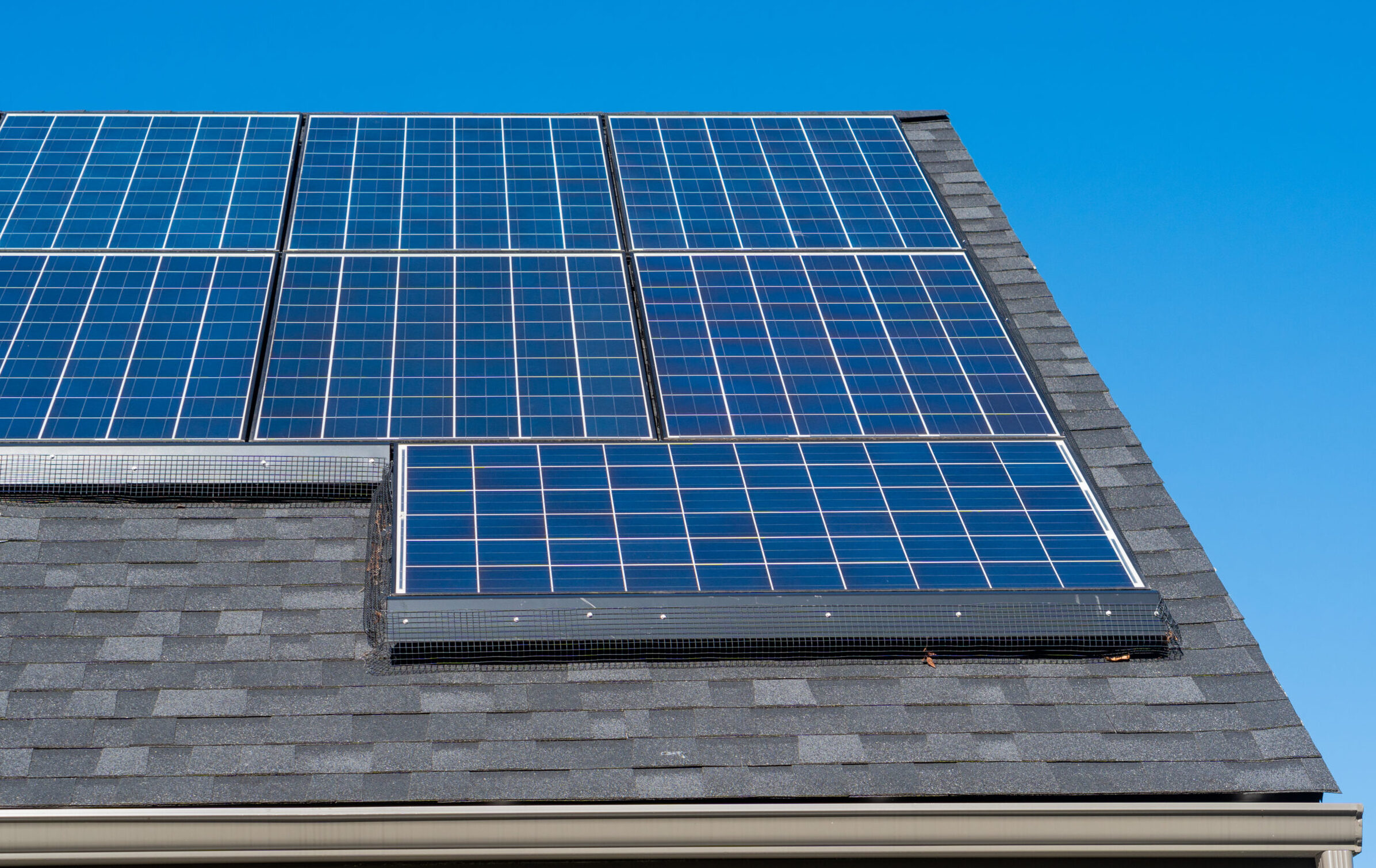Tesla is setting new standards in renewable energy financing with its latest asset-backed securitization (ABS) deal, achieving an unprecedented AAA rating.
Fitch analyst Hebbert Soares said Tesla’s integrated business model, which bypasses traditional sales channels, could set the stage for achieving top-tier credit ratings in a sector that is often constrained by data and regulatory oversight.
This is the first rating of its kind for the residential solar market. The deal, backed by high-quality assets and Tesla’s unique consumer approach, has the potential to redefine ABS financing standards in the renewable energy space, Soares said.
“Tesla’s business model is a game changer,” he said. “Unlike other solar providers that rely on third-party sales channels and external installers, Tesla sells, sells and installs its solar panels directly. This integration cuts out the middleman and allows Tesla to control the customer experience and financing terms every step of the way, stabilizing cash flow and lowering costs for consumers.”
The offering includes two tranches: a $255 million A-2 note with a weighted average life of 2.65 years and a $150 million class A-3 note with a maturity of 6.2 years. Both companies are AAA rated, highlighting asset quality and deal structure.
Tesla’s use of a sequential payment structure prioritizes returns to senior bondholders and contrasts with the more typical “pro-rata” structures used in other solar ABS deals. “Successive structures have more reliable cash flow results,” explained Soares, “and this was one of the key factors that helped us assign the AAA rating as they are better able to withstand potential losses.”
Tesla’s sterling pool of borrowers also maintains a top investment grade rating.
The average Tesla borrower’s FICO score of 793 and a 13% down payment reduce the risk of default. “The high credit quality of the borrowers and their commitment through a substantial down payment creates a vested interest in the system,” Soares explained. “This is very different from other models, where third-party partnerships are more common and suppliers rely on hired sales staff or in-store offerings from large retailers.”
Tesla’s valuation stands out in a market where solar ABS deals are typically limited to AA levels due to limited historical data and regulatory scrutiny. Soares noted that this limitation typically arises from a lack of data and ongoing legal scrutiny of consumer disclosures. “Tesla’s direct model, coupled with high borrower standards, sets a new standard.”
The deal includes multiple layers of credit protection designed to reduce cash flow risks for investors. These include overcollateralization, which ensures that asset values exceed loan amounts, and yield supplemental collateral (YSOC), which adjusts cash flows to complement yields on lower interest rate contracts. These mechanisms support stable returns for investors and contribute to a high credit rating. Tesla’s success could influence the financing strategies of other solar companies.
“Tesla has set the bar high,” Soares said. “The high-quality pool of borrowers, direct sales and efficient cash flow structure make this a standout transaction that competitors may have to emulate to attract the same investor confidence.”
Investor enthusiasm for solar ABS remains strong despite industry challenges, including recent setbacks such as the bankruptcy of SunPower and downgrades of solar ABS from Sunnova and Solar Mosaic. Including the Tesla deal, total issuance in the solar ABS market exceeded $5 billion this year, setting a new record.
Tesla’s achievements could also influence financing approaches in the renewable energy sector. “The Tesla model can be a model for achieving high ratings by streamlining operations and improving borrower quality,” Soares concluded.
